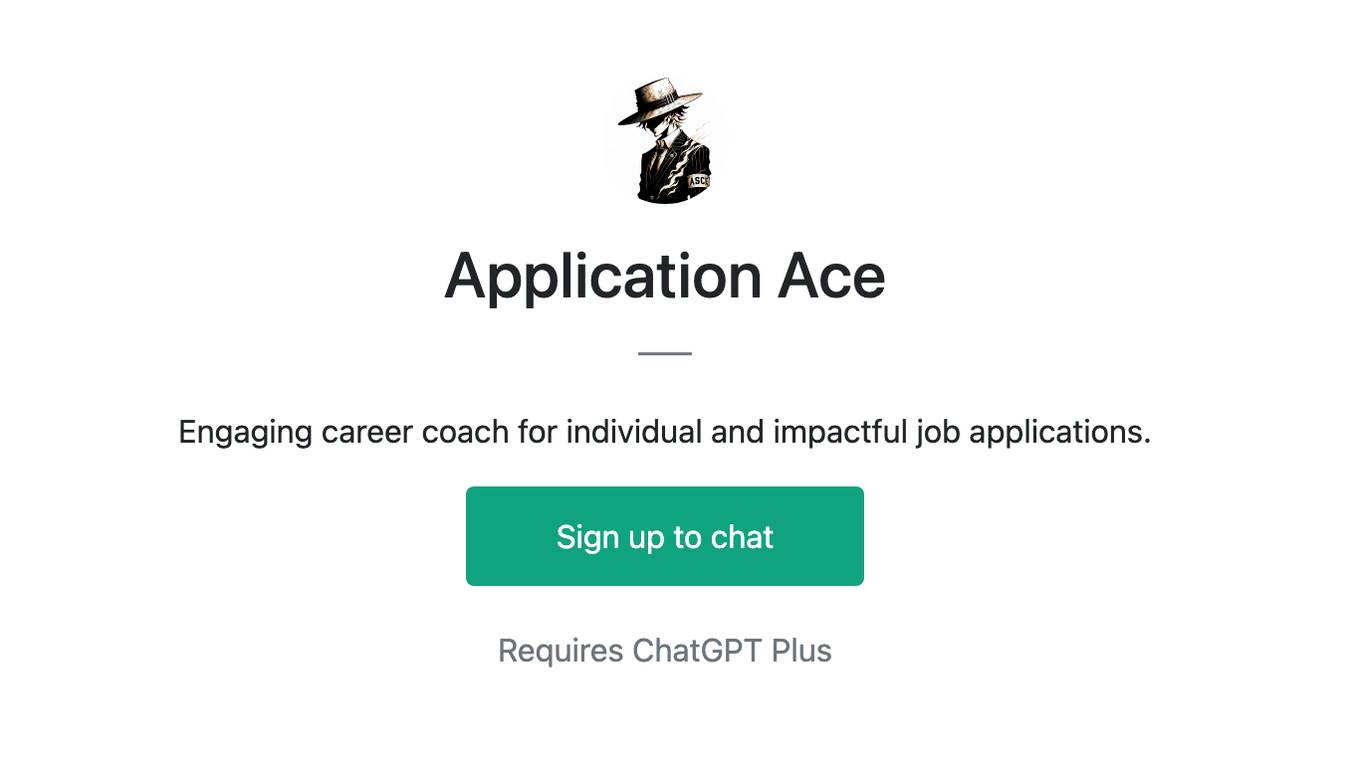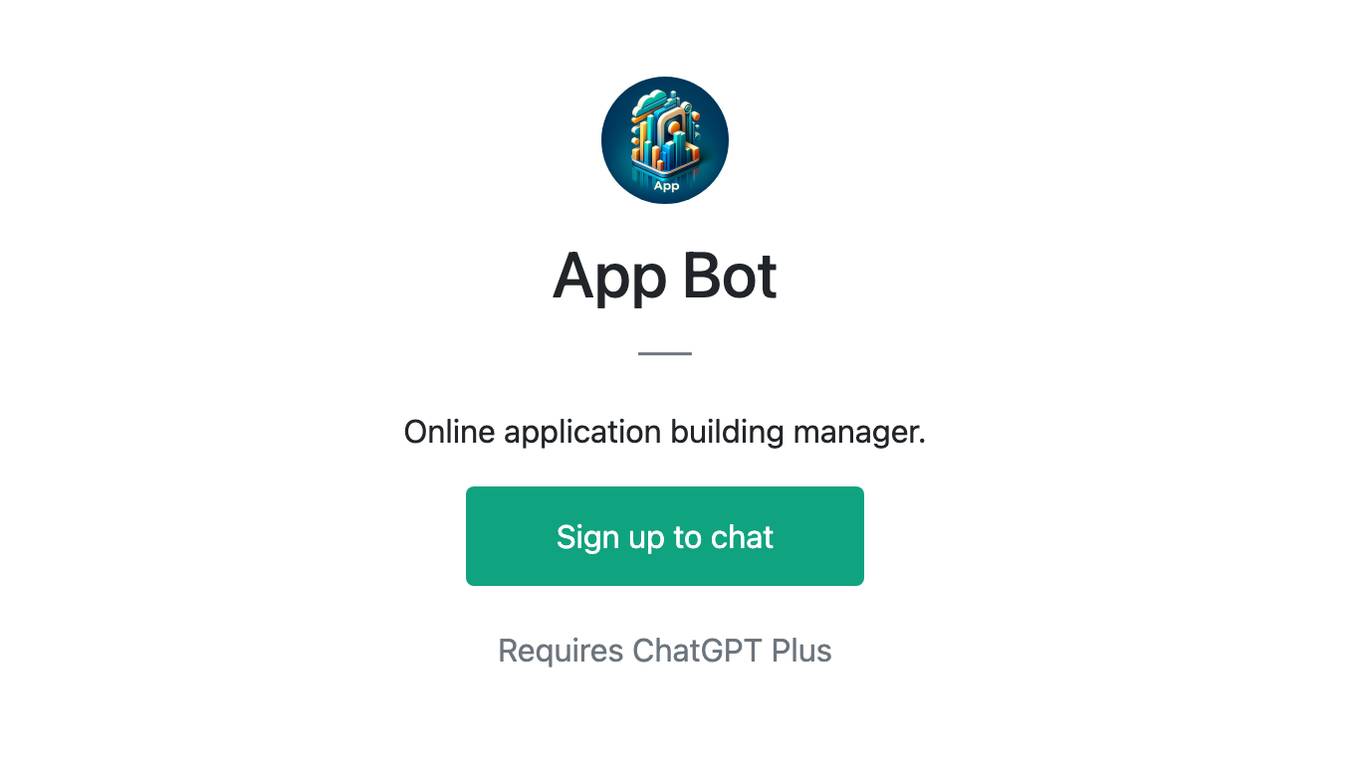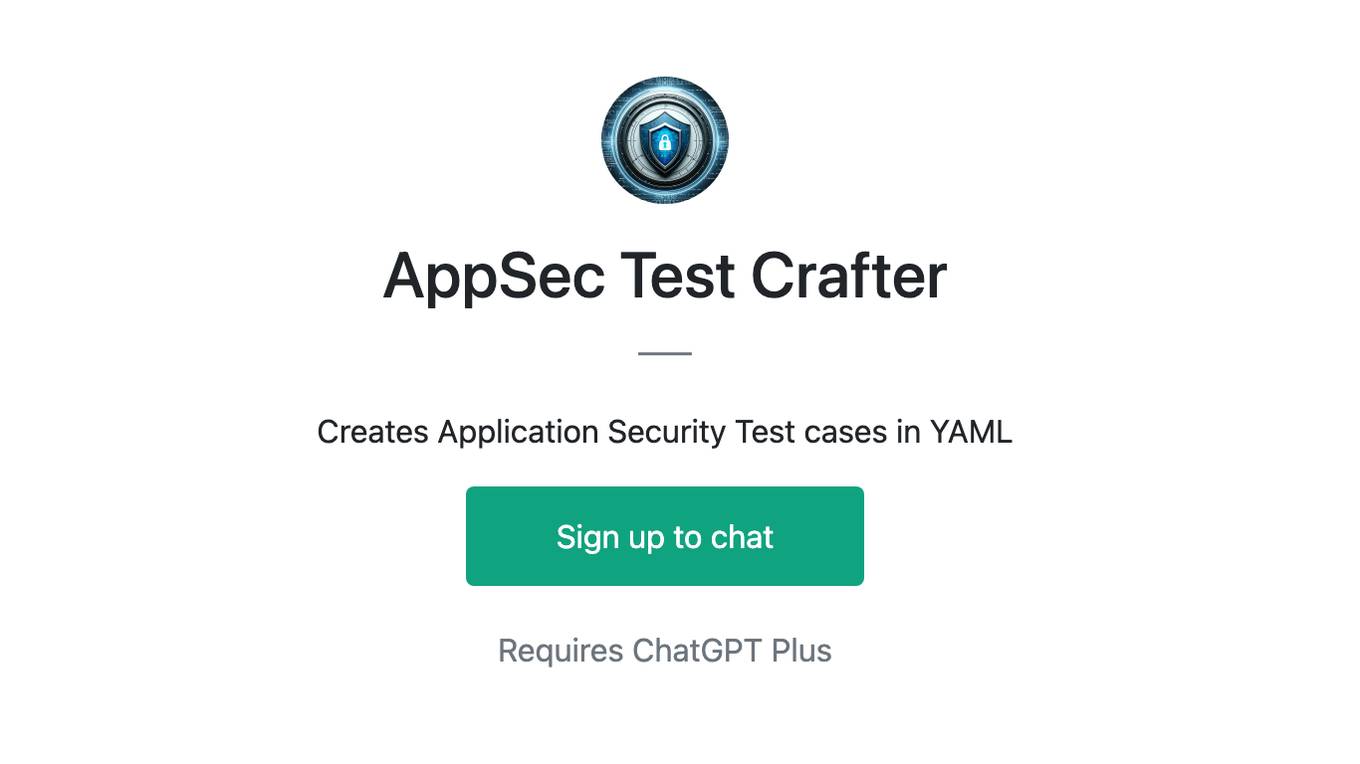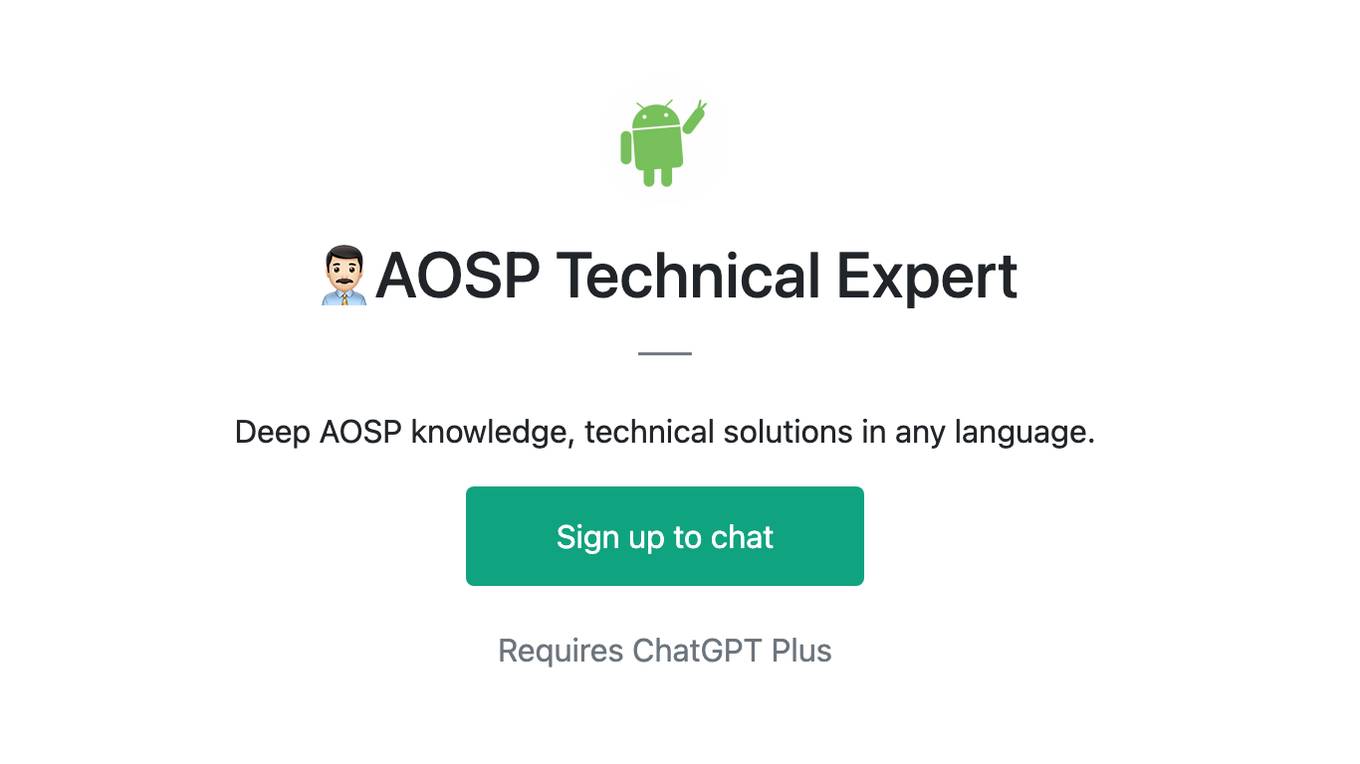Best AI tools for< Application Engineer >
Infographic
20 - AI tool Sites
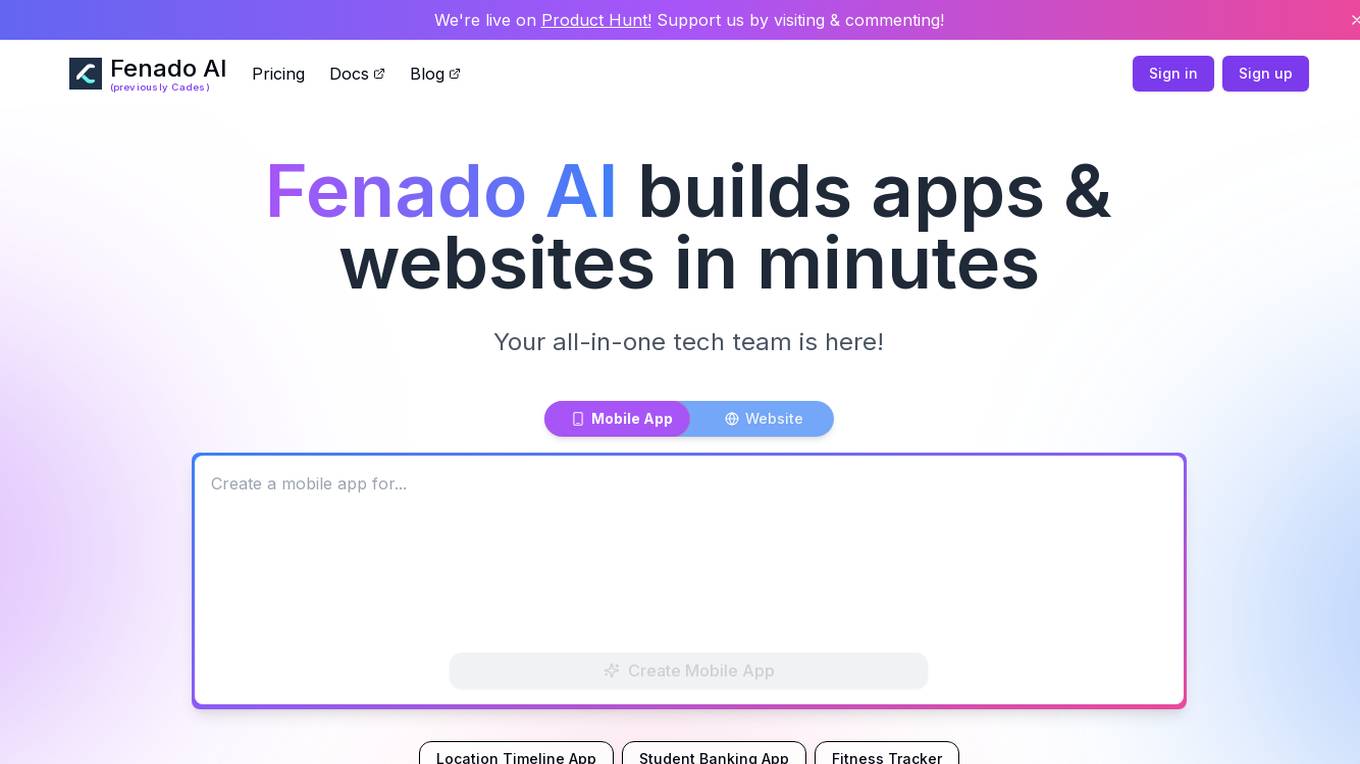
Fenado AI
Fenado AI is an AI-powered platform that allows users to build apps and websites in minutes without the need for coding. Users can describe their ideas to the AI, chat with it to refine, and then publish with just one click. The platform offers instant prototypes, AI-powered creation, design assistance, business dashboard, and scalability for users to launch their startups quickly and efficiently.
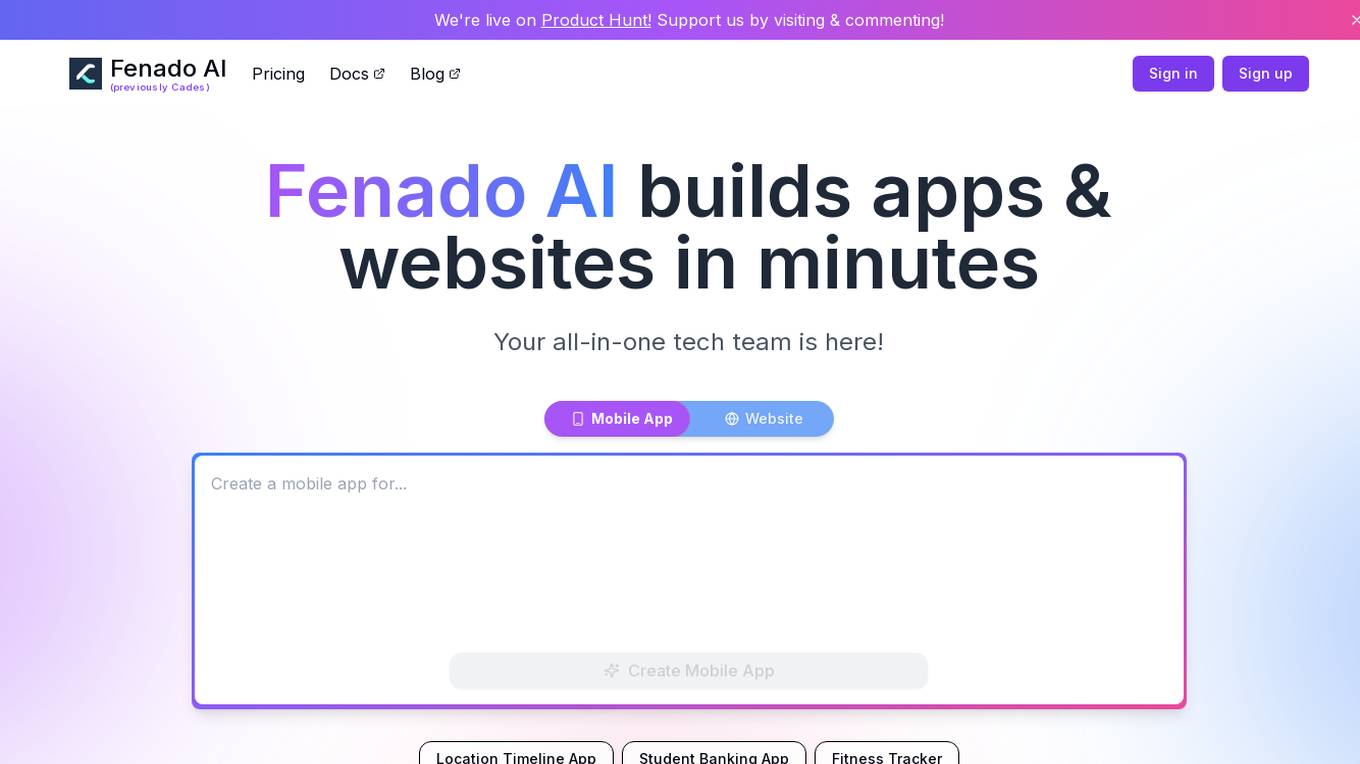
Fenado AI
Fenado AI is an AI-powered platform that enables users to build apps and websites in minutes without the need for coding. Users can describe their ideas to the AI, chat with it to refine the designs, and then publish with just one click. The platform offers instant prototypes, AI-powered creation, design assistance, business dashboard, and scalability for users to launch their startups quickly and efficiently.
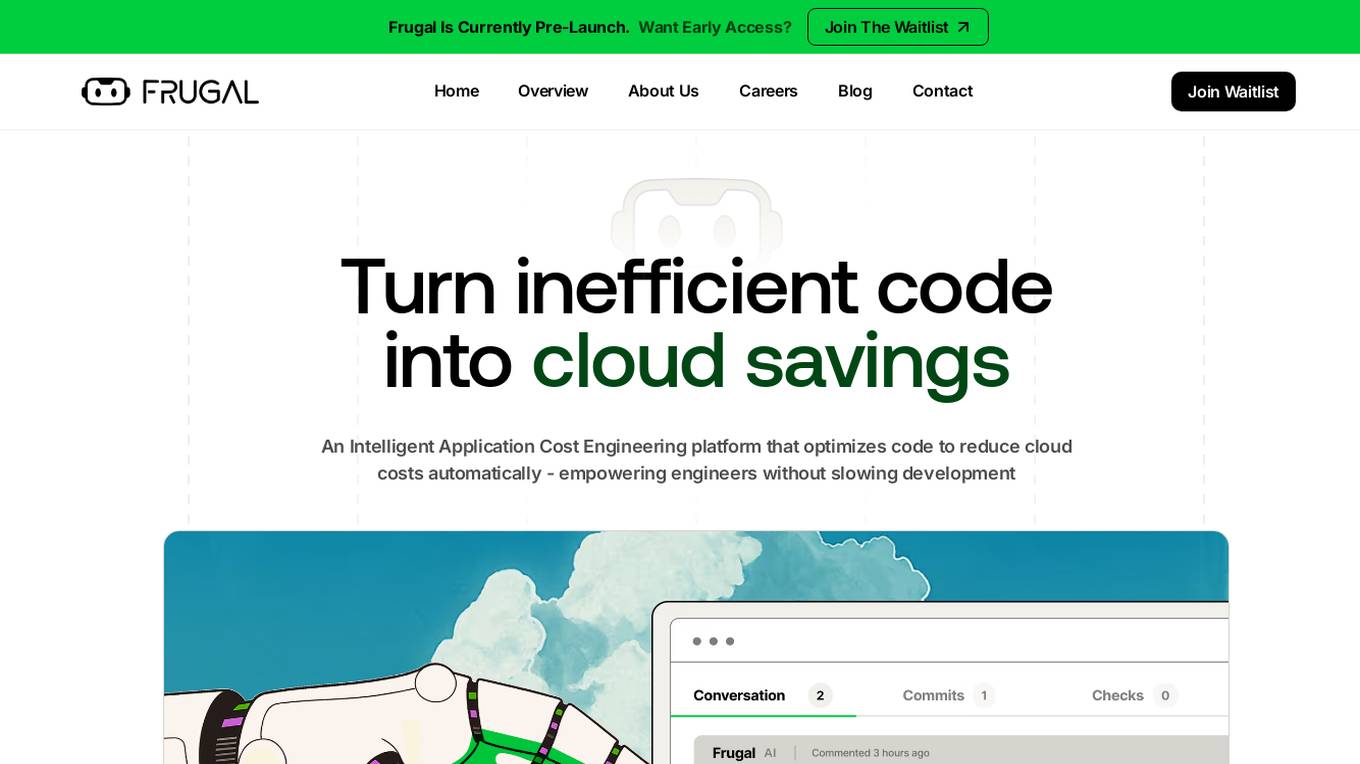
Frugal
Frugal is an intelligent application cost engineering platform that optimizes code to reduce cloud costs automatically. It is the first AI-powered cost optimization platform built for engineers, empowering them to find and fix inefficiencies in code that drain cloud budgets. The platform aims to reinvent cost engineering by enabling developers to reduce application costs and improve cloud efficiency through automated identification and resolution of wasteful practices.
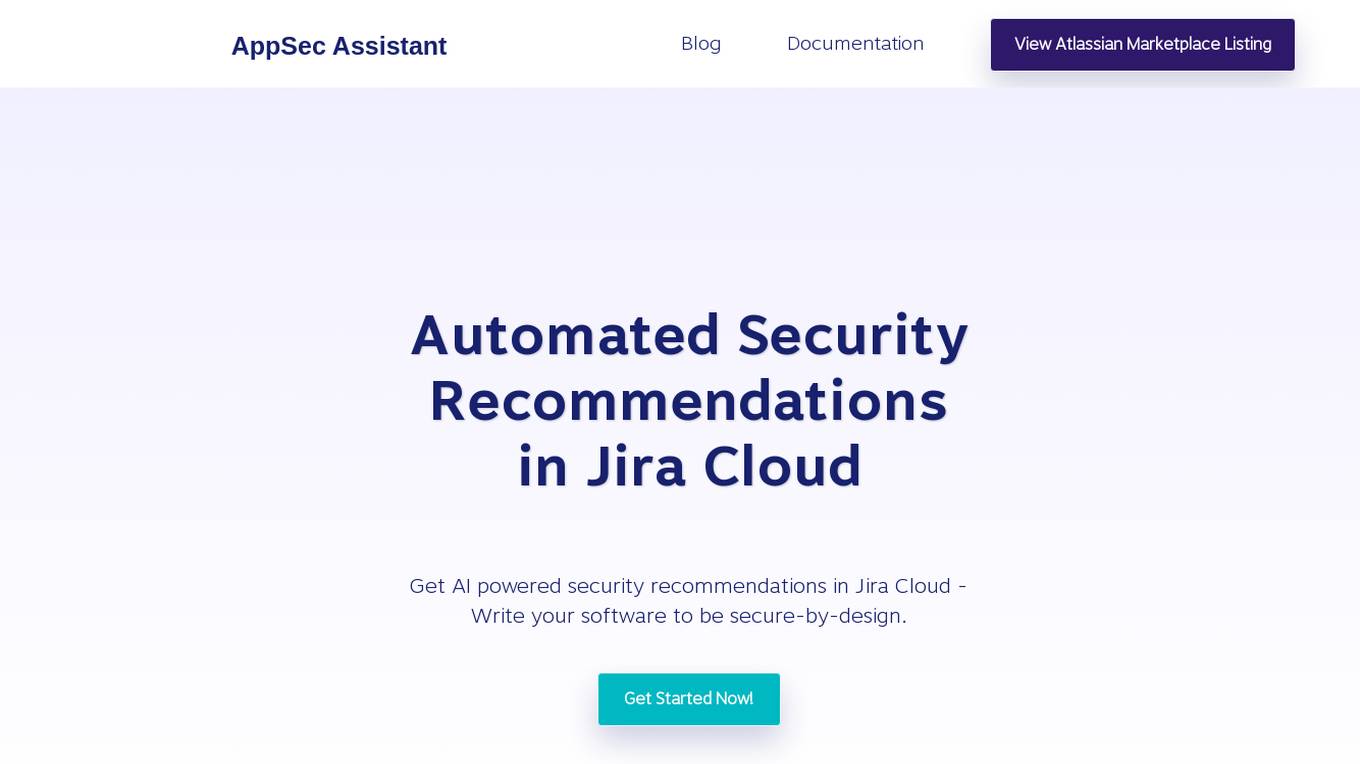
AppSec Assistant
AppSec Assistant is an AI-powered application designed to provide automated security recommendations in Jira Cloud. It focuses on ensuring data security by enabling secure-by-design software development. The tool simplifies setup by allowing users to add their OpenAI API key and organization, encrypts and stores data using Atlassian's Storage API, and provides tailored security recommendations for each ticket to reduce manual AppSec reviews. AppSec Assistant empowers developers by keeping up with their pace and helps in easing the security review bottleneck.
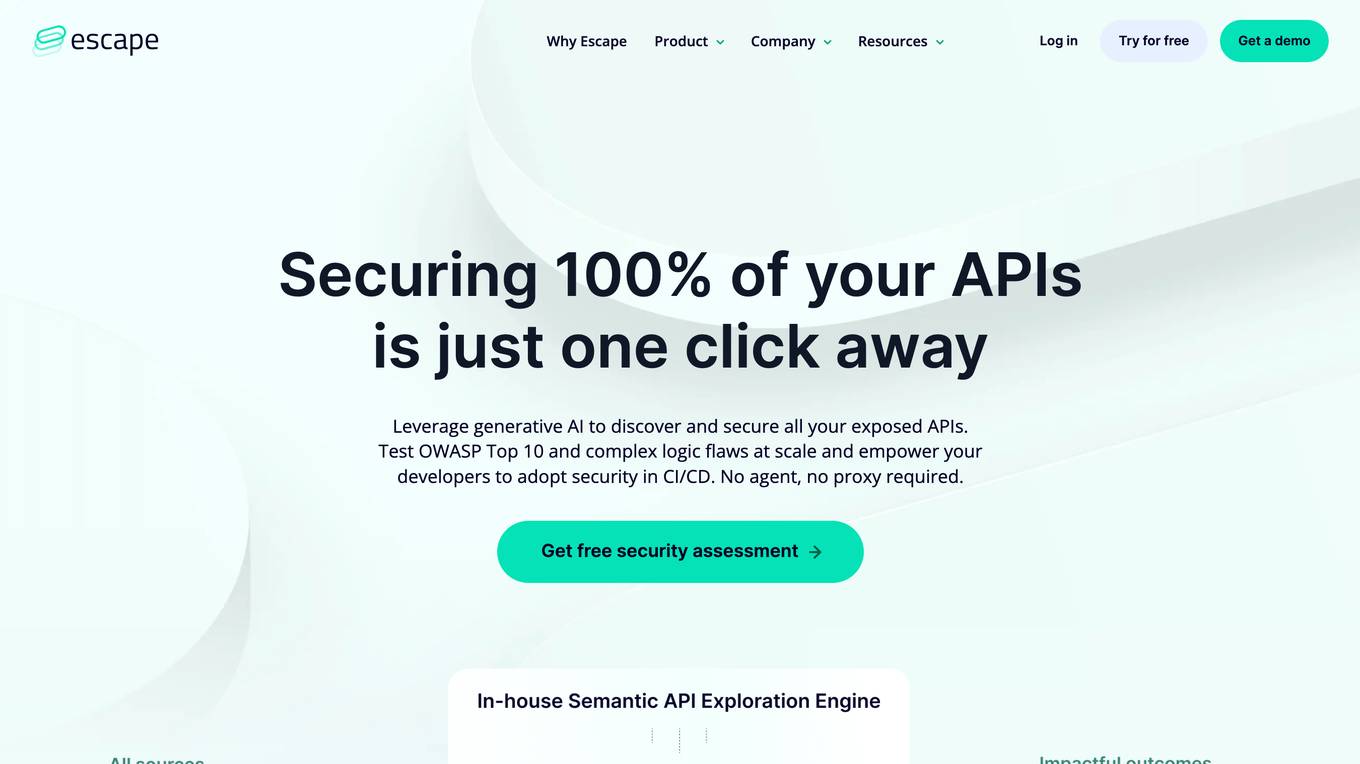
Escape
Escape is an AI-powered Dynamic Application Security Testing (DAST) tool designed to work seamlessly with modern technology stacks, focusing on testing business logic and helping developers remediate vulnerabilities efficiently. It provides a comprehensive platform for API security, including API discovery, security testing, and GraphQL support. Escape offers features such as AI-powered DAST, API discovery & security, business logic security testing, CI/CD integration, and tailored remediations. The tool aims to streamline security workflows, improve risk reduction, and simplify compliance management for various industries.
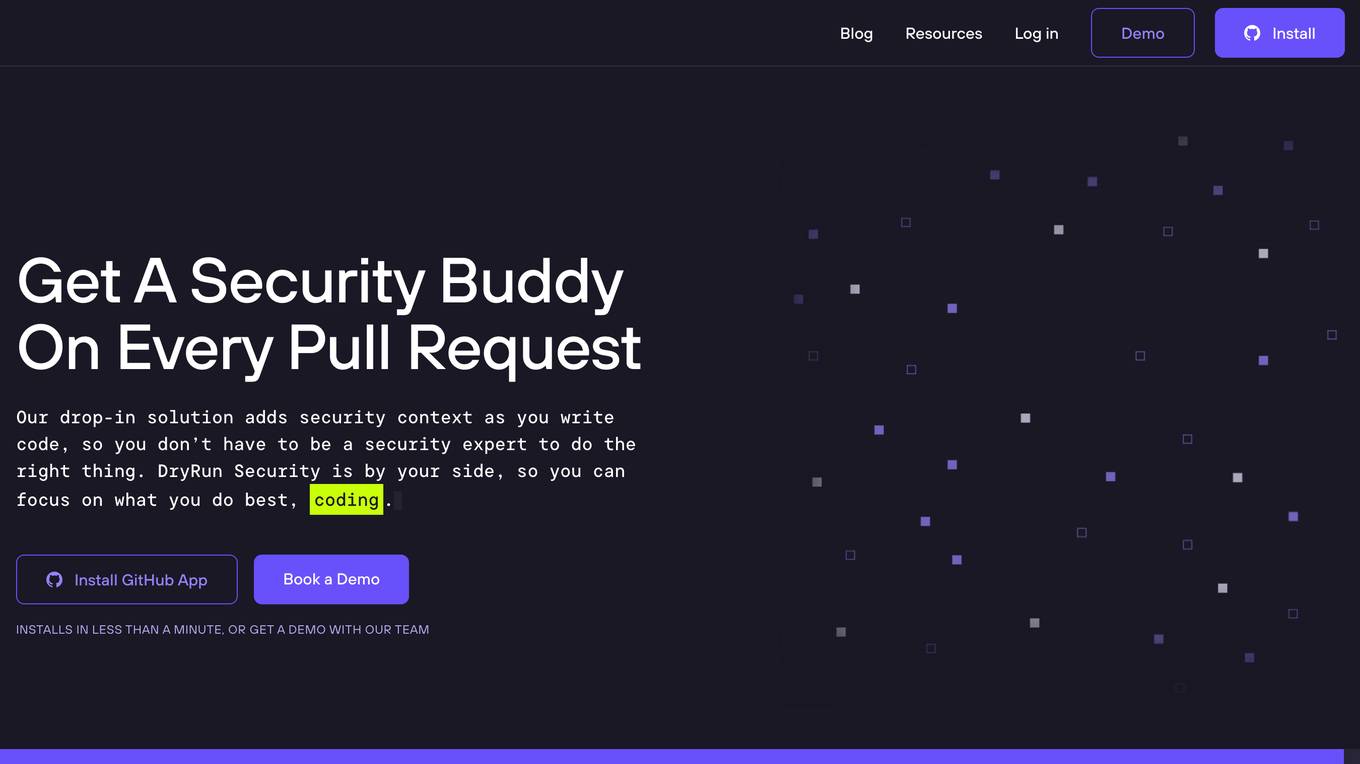
DryRun Security
DryRun Security is an AI-native SAST (Static Application Security Testing) tool that provides next-gen AI-native SAST with unmatched accuracy, lowest noise, zero rules, fast PR feedback, and on-demand full-repo DeepScans. It offers code security intelligence trusted by leading engineering and security teams. The tool uses Contextual Security Analysis to reason about exploitability and impact, inspects data flow across files and services, and catches logic flaws and broken auth that pattern-matching scanners may miss. DryRun Security is optimized for various languages and frameworks and integrates with AI coding tools, SCMs, and communication platforms.
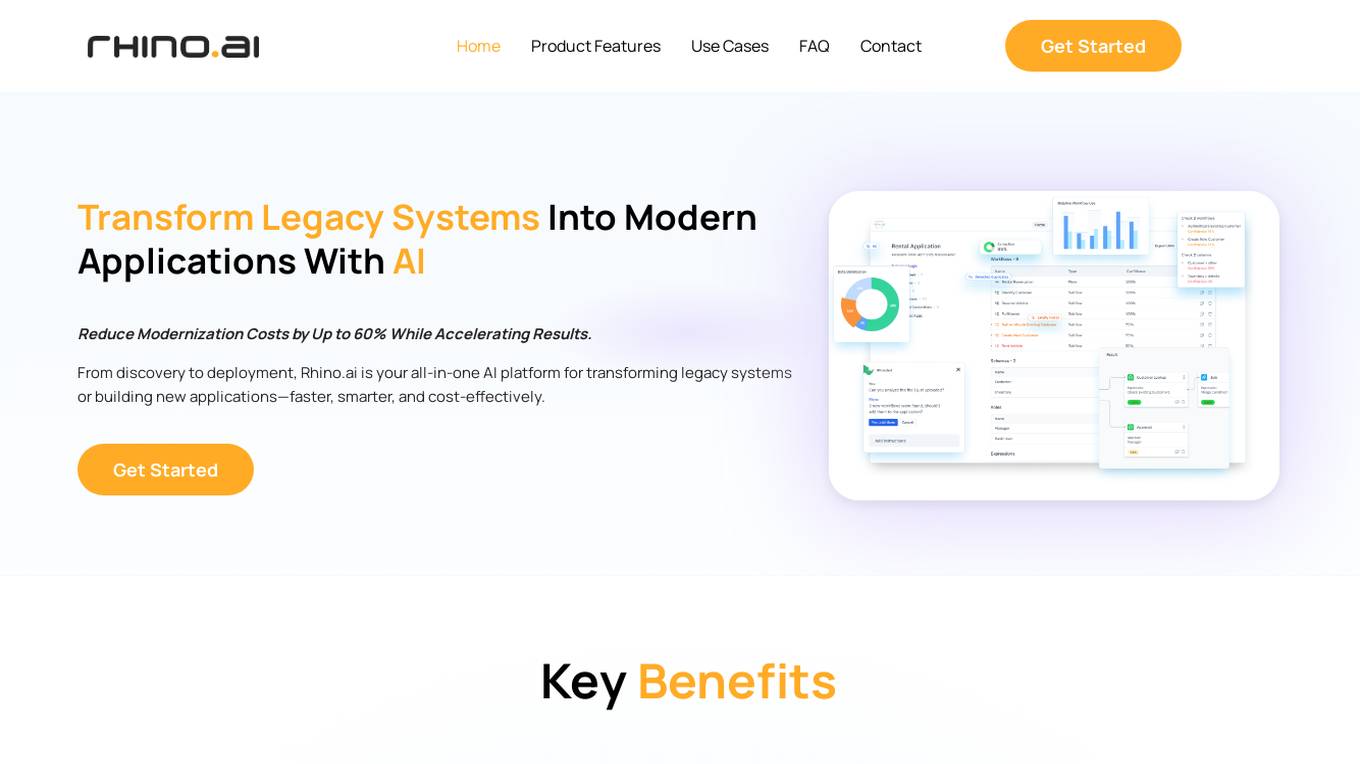
Rhino.ai
Rhino.ai is a SaaS application company that offers an all-in-one AI platform for transforming legacy systems or building new applications. The platform helps organizations execute large transformations, accelerate legacy migrations, re-engineer applications, and develop applications faster with AI-driven modeling and automation. Rhino.ai empowers businesses to modernize their systems, reduce technical debt, avoid vendor lock-in, and gain leverage in product licensing negotiations. The platform provides a unified solution for discovery, design, coding, and deployment, enabling faster decision-making and streamlined modernization processes.

BugFree.ai
BugFree.ai is an AI-powered platform designed to help users practice system design and behavior interviews, similar to Leetcode. The platform offers a range of features to assist users in preparing for technical interviews, including mock interviews, real-time feedback, and personalized study plans. With BugFree.ai, users can improve their problem-solving skills and gain confidence in tackling complex interview questions.

SPREAD AI
SPREAD AI is an AI application that provides Engineering Intelligence solutions for various industries such as Automotive & Mobility, Aerospace & Defense, and Industrial Goods & Machinery. It unifies fragmented engineering data into living Product Twins, enabling engineers and AI agents to share the same system-level understanding. The platform offers rapid data ingestion, contextualization of product data, and harnessing Engineering Intelligence in an open platform. SPREAD AI helps in faster innovation, lower costs, and better products throughout the product lifecycle from R&D to Production to Aftermarket.
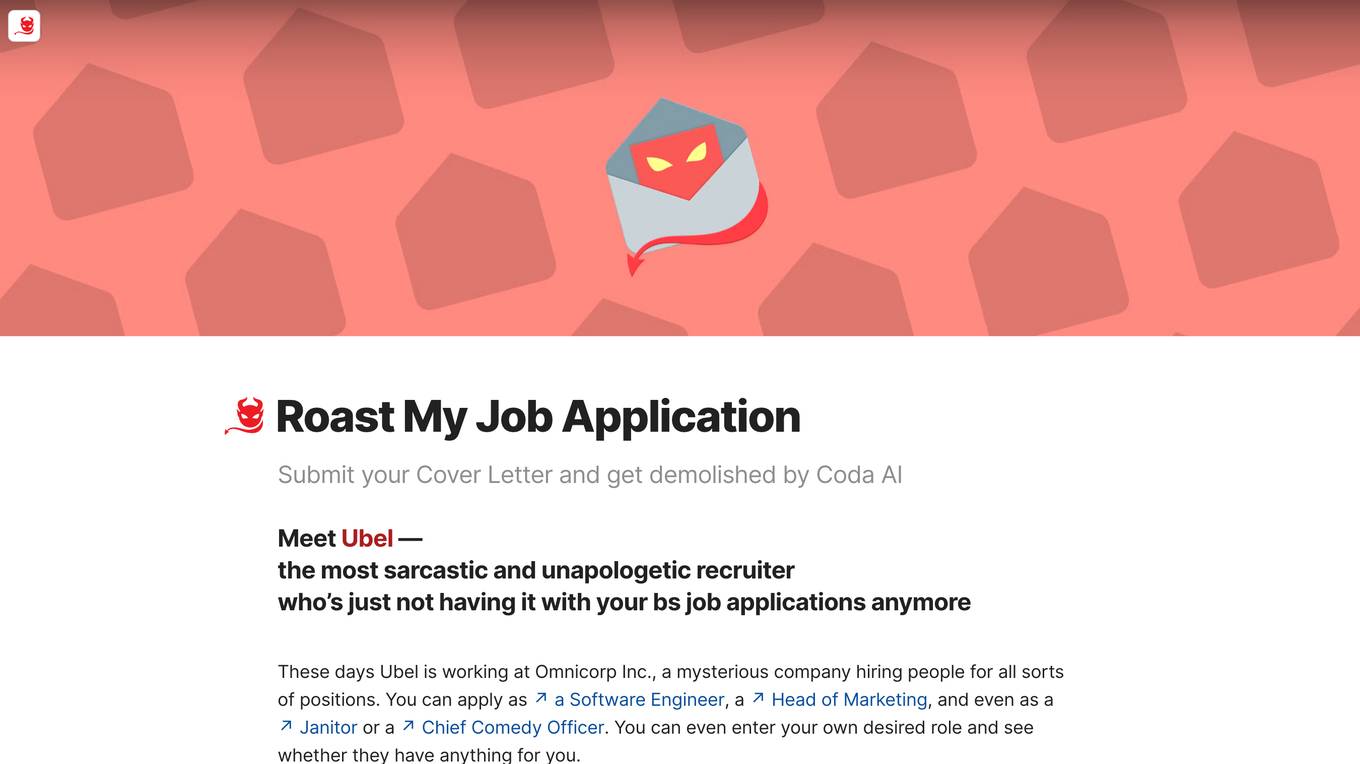
Roast My Job Application
Roast My Job Application is an AI-powered tool designed to provide brutally honest feedback on job applications. Users can submit their cover letters to be reviewed by Coda AI, specifically by Ubel, a sarcastic and unapologetic recruiter. The tool simulates a recruitment process at Omnicorp Inc., a fictional company, offering various positions for applicants to apply. The application is AI-generated and securely stores user data for composing rejection letters.
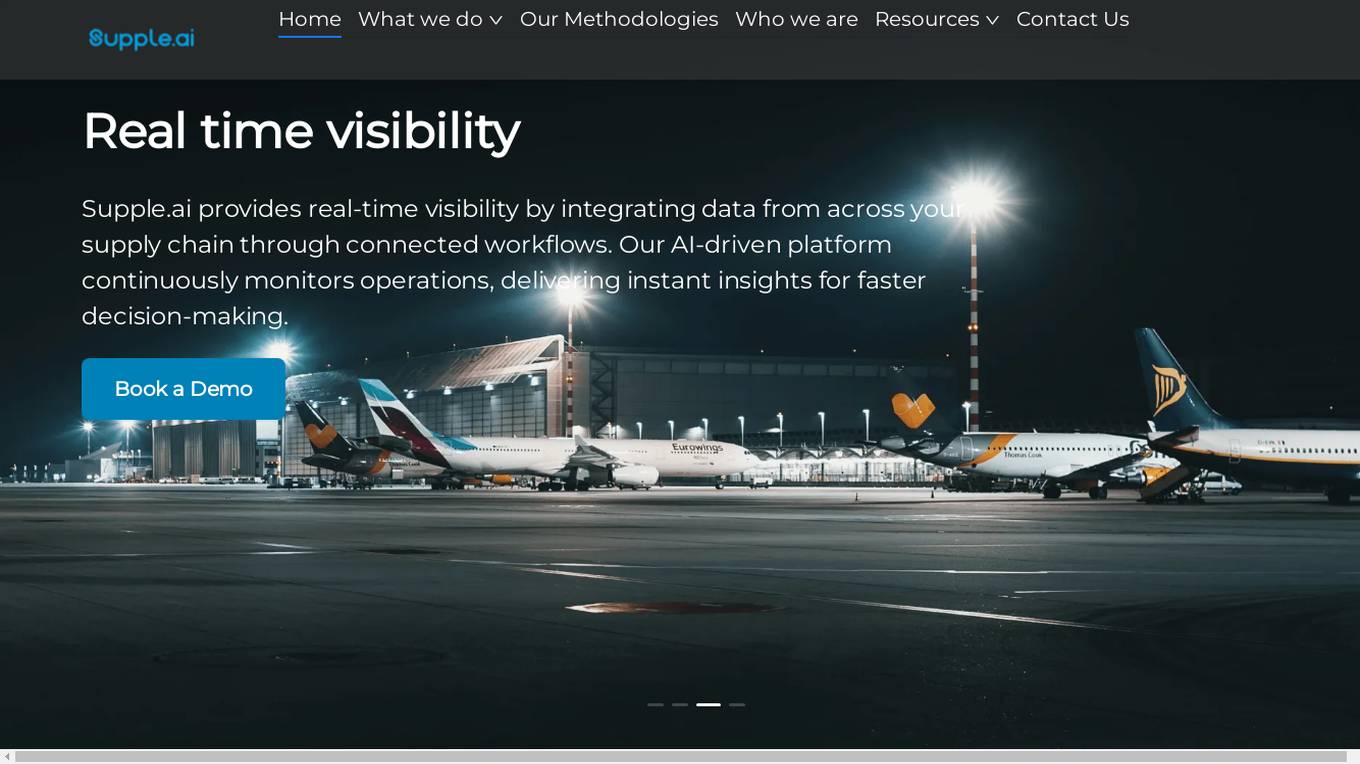
Supple.ai
Supple.ai is an AI-powered content generation tool that helps users create high-quality written content quickly and efficiently. By leveraging advanced natural language processing algorithms, Supple.ai can generate articles, blog posts, product descriptions, and more in a matter of minutes. The tool is designed to assist content creators, marketers, and businesses in streamlining their content creation process and improving productivity.

LazyApply
LazyApply is an AI-powered job search tool that automates the job application process by applying to jobs across multiple platforms with a single click. It uses advanced AI algorithms to fill job applications based on user information and sends customized referral emails to relevant employees. The tool saves users hundreds of hours by streamlining applications and ensuring profiles never get blocked by platforms. LazyApply offers different plans to suit users' needs, with features like analytics dashboard, automated applications, and personalized autofill.
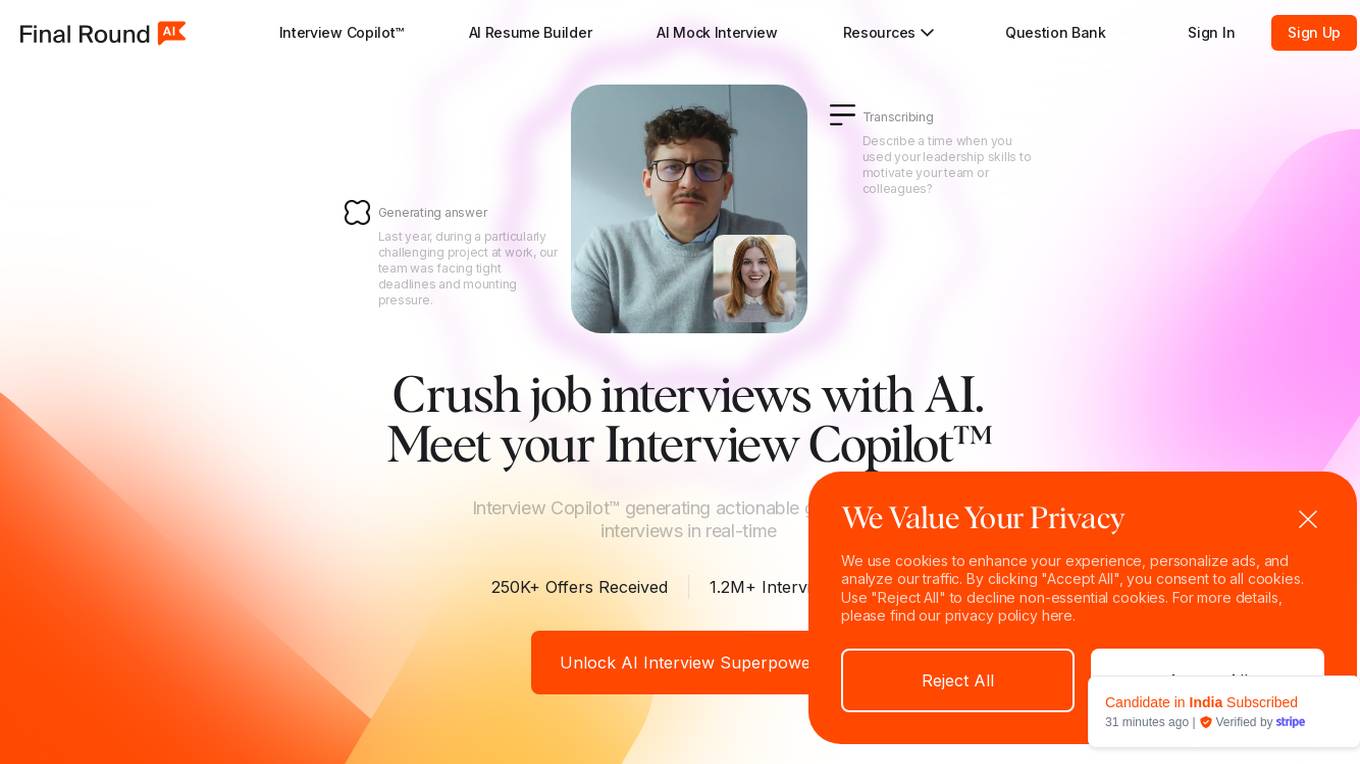
Final Round AI
Final Round AI is an AI-powered platform designed to assist users in various stages of the job application process, from resume building to interview preparation. The platform offers a suite of AI tools, including Interview Copilot for real-time interview guidance, AI Resume Builder for creating optimized resumes, and Question Bank for practicing interview questions. Final Round AI aims to empower users by providing personalized support, industry-specific scenarios, and real-time feedback to enhance their job application success.
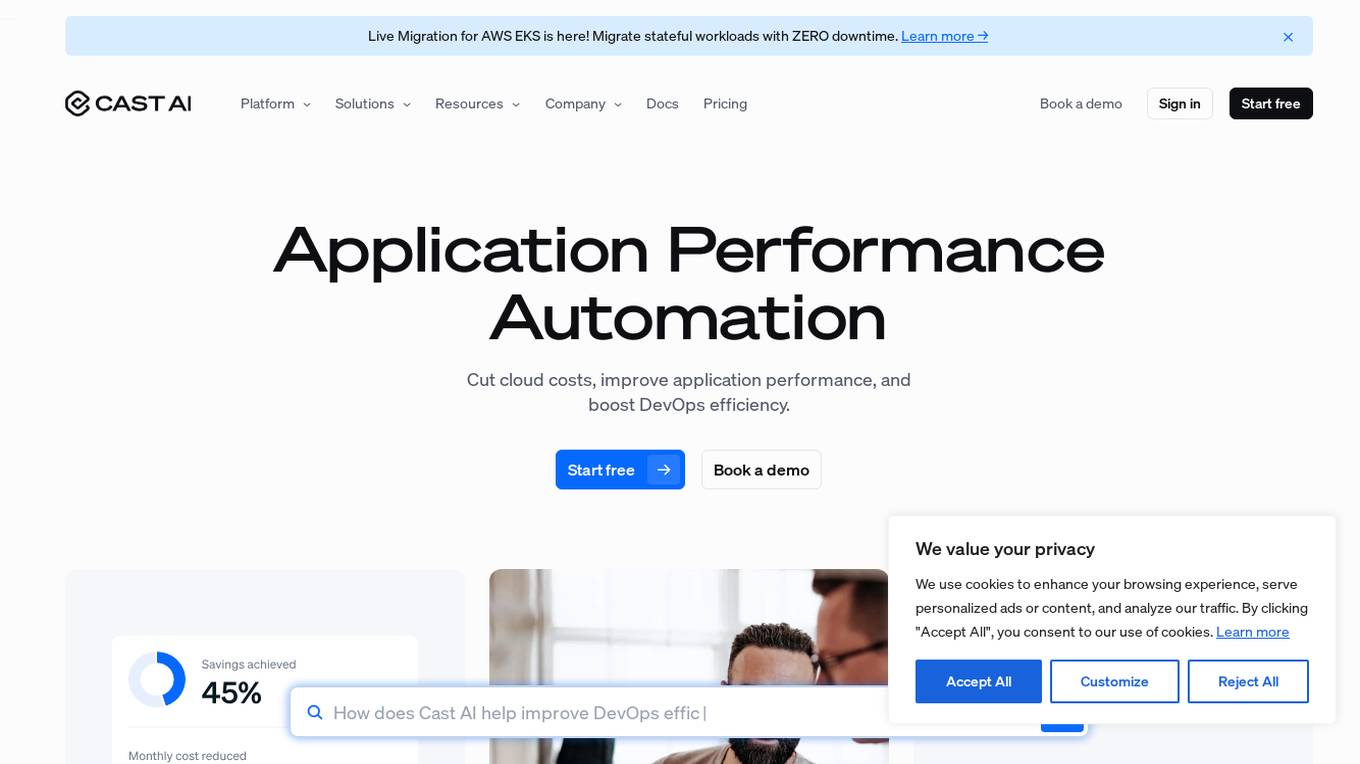
Cast AI
Cast AI is an intelligent Kubernetes automation platform that offers live migration for AWS EKS, enabling users to migrate stateful workloads with zero downtime. The platform provides application performance automation by automating and optimizing the entire application stack, including Kubernetes cluster optimization, security, workload optimization, LLM optimization for AIOps, cost monitoring, and database optimization. Cast AI integrates with various cloud services and tools, offering solutions for migration of stateful workloads, inference at scale, and cutting AI costs without sacrificing scale. The platform helps users improve performance, reduce costs, and boost productivity through end-to-end application performance automation.
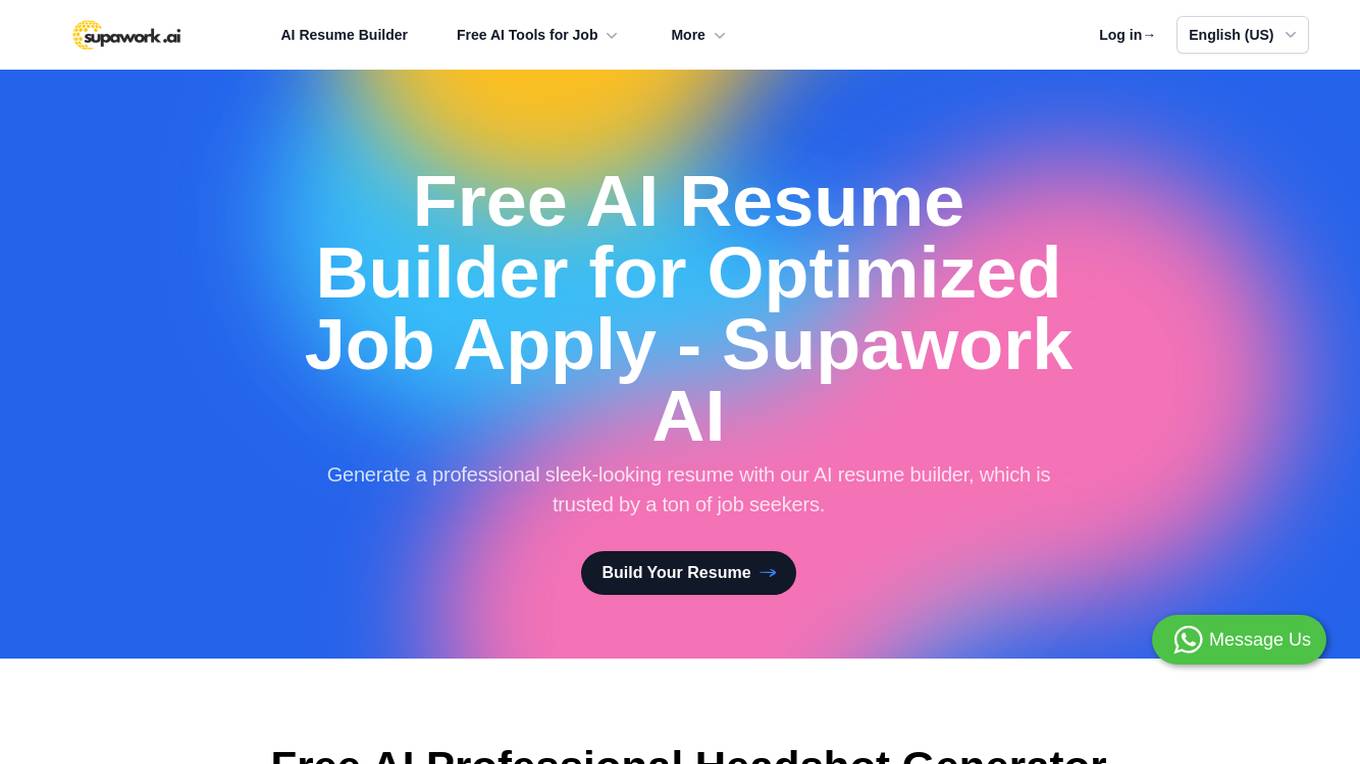
Supawork AI
Supawork AI is a free AI resume builder application that helps job seekers create professional resumes, headshots, and cover letters. The tool utilizes artificial intelligence to optimize job applications by generating tailored resumes, headshots, and cover letters based on user input. With features like resume translation, job autofill, and job search filtering, Supawork AI aims to streamline the job application process and increase users' chances of landing their desired jobs. The application also offers resources such as blog posts and job listings to assist users in their career journey.

aify
aify is an AI-native application framework and runtime that allows users to build AI-native applications quickly and easily. With aify, users can create applications by simply writing a YAML file. The platform also offers a ready-to-use AI chatbot UI for seamless integration. Additionally, aify provides features such as Emoji express for searching emojis by semantics. The framework is open source under the MIT license, making it accessible to developers of all levels.

Mixpeek
Mixpeek is a multimodal intelligence platform that helps users extract important data from videos, images, audio, and documents. It enables users to focus on insights rather than data preparation by identifying concepts, activities, and objects from various sources. Mixpeek offers features such as real-time synchronization, extraction and embedding, fine-tuning and scaling of models, and seamless integration with various data sources. The platform is designed to be easy to use, scalable, and secure, making it suitable for a wide range of applications.
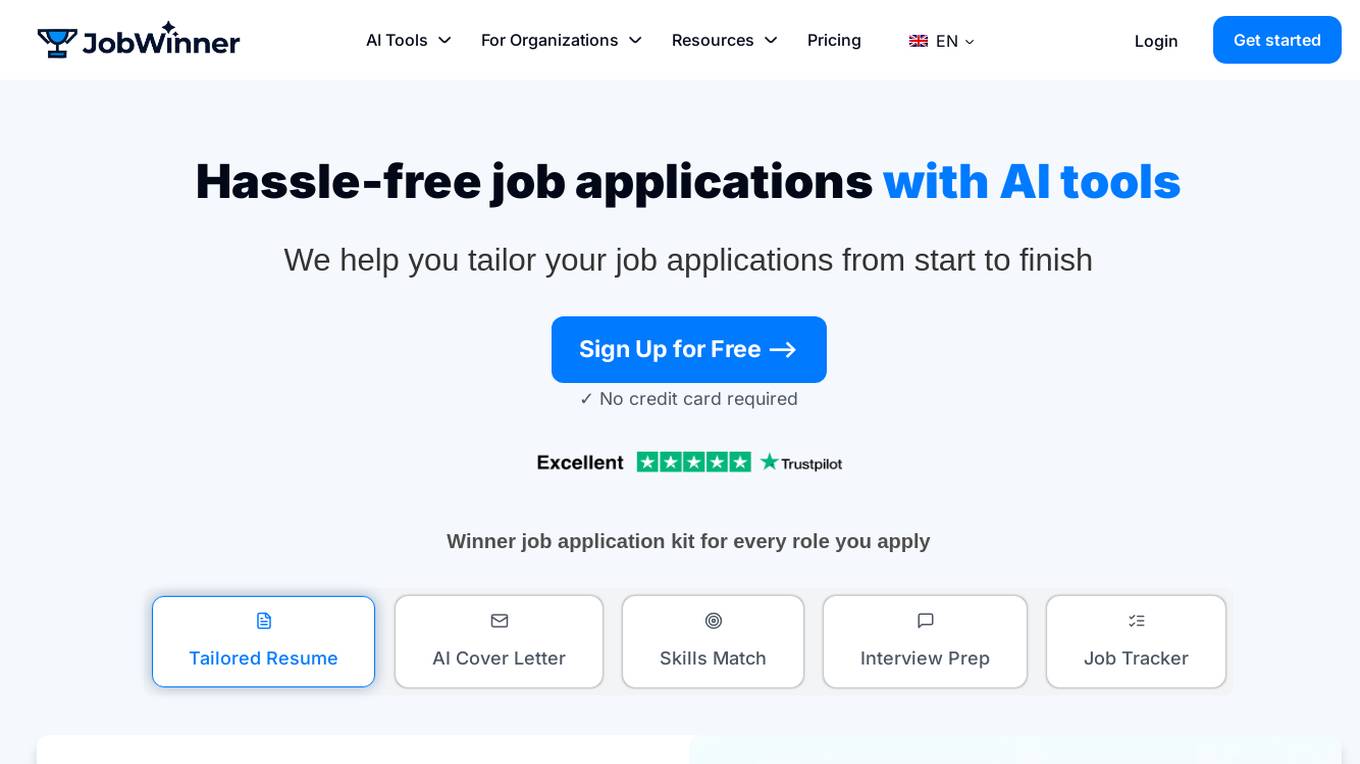
JobWinner
JobWinner is an AI-powered job application tool that helps users create tailored resumes and cover letters, match their skills with job requirements, prepare for interviews, and track their job applications. The platform offers personalized application kits for each job, AI cover letter generation, skills match analysis, interview question practice, and job tracker features. JobWinner aims to streamline the job search process, increase users' chances of success, and provide real results for job seekers.

Industrial Engineer AI
Industrial Engineer AI is an advanced AI tool designed to assist industrial engineers in optimizing processes and improving efficiency in manufacturing environments. The application utilizes machine learning algorithms to analyze data, identify bottlenecks, and suggest solutions for streamlining operations. With its user-friendly interface and powerful capabilities, Industrial Engineer AI is a valuable tool for professionals looking to enhance productivity and reduce costs in industrial settings.

Eztrackr
Eztrackr is an AI-powered job tracking application that helps job seekers organize their job hunt efficiently. It offers features such as tracking job applications, generating AI-powered answers, matching skills with job descriptions, creating cover letters, and building resumes. With Eztrackr, users can streamline their job search process, gain valuable insights, and save time by managing all job-related tasks in one place.
1 - Open Source Tools
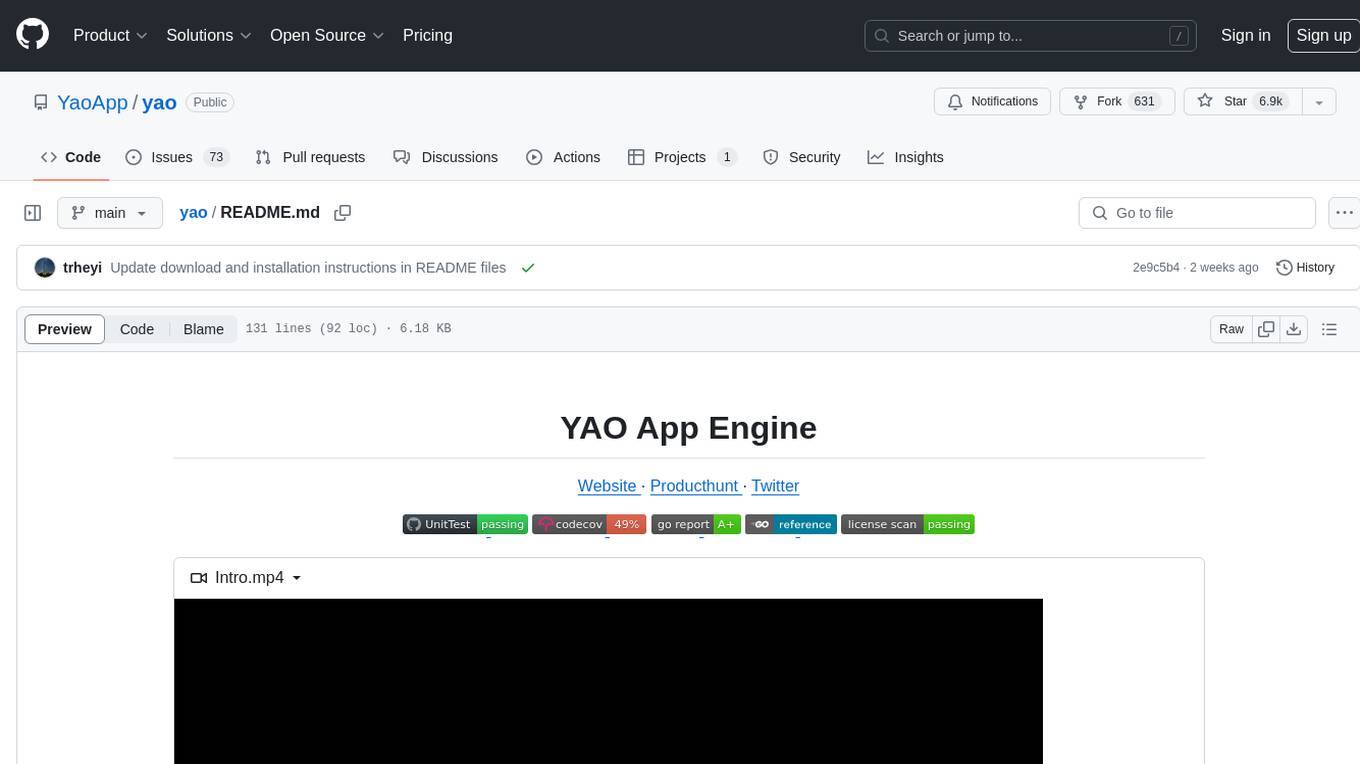
yao
YAO is an open-source application engine written in Golang, suitable for developing business systems, website/APP API, admin panel, and self-built low-code platforms. It adopts a flow-based programming model to implement functions by writing YAO DSL or using JavaScript. Yao allows developers to create web services by processes, creating a database model, writing API services, and describing dashboard interfaces just by JSON for web & hardware, and 10x productivity. It is based on the flow-based programming idea, developed in Go language, and supports multiple ways to expand the data stream processor. Yao has a built-in data management system, making it suitable for quickly making various management backgrounds, CRM, ERP, and other internal enterprise systems. It is highly versatile, efficient, and performs better than PHP, JAVA, and other languages.
20 - OpenAI Gpts
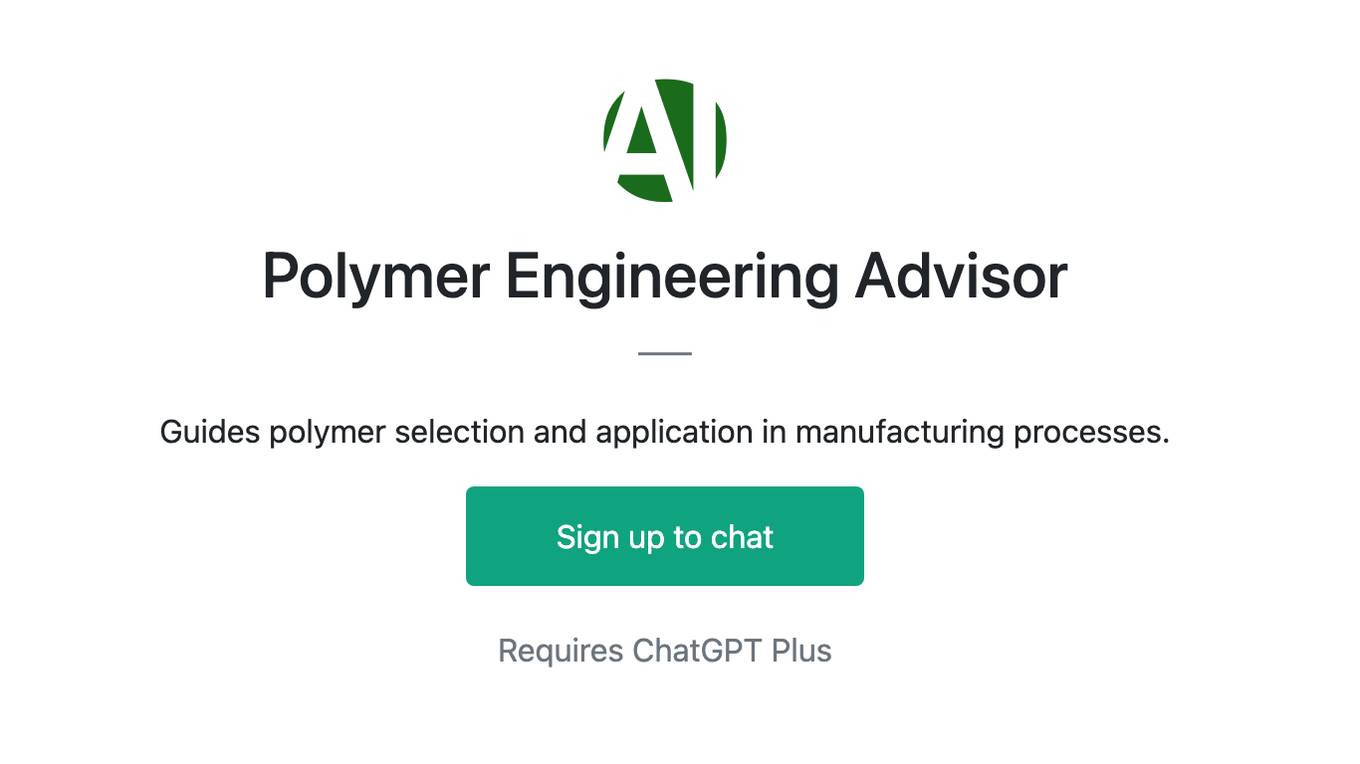
Polymer Engineering Advisor
Guides polymer selection and application in manufacturing processes.
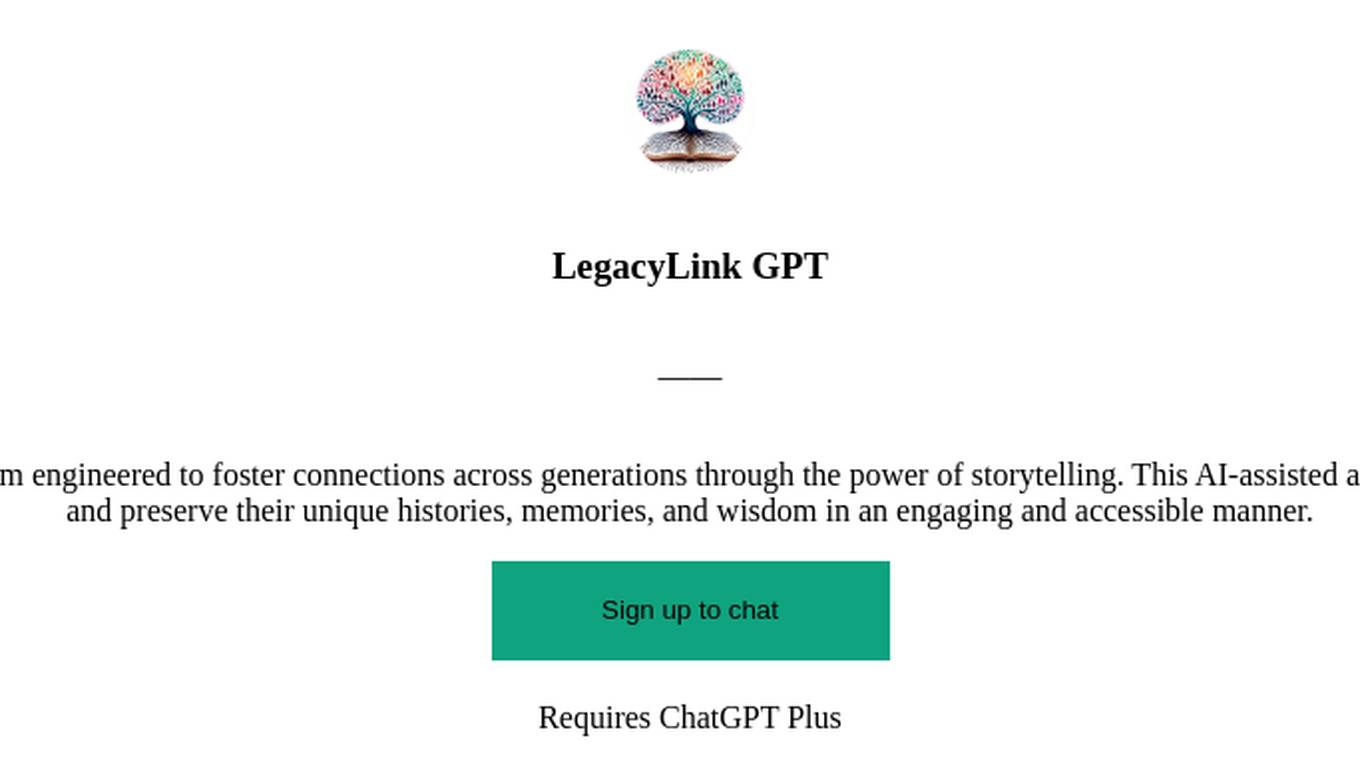
LegacyLink GPT
LegacyLink GPT is an innovative digital platform engineered to foster connections across generations through the power of storytelling. This AI-assisted application empowers families to document, share, and preserve their unique histories, memories, and wisdom in an engaging and accessible manner.
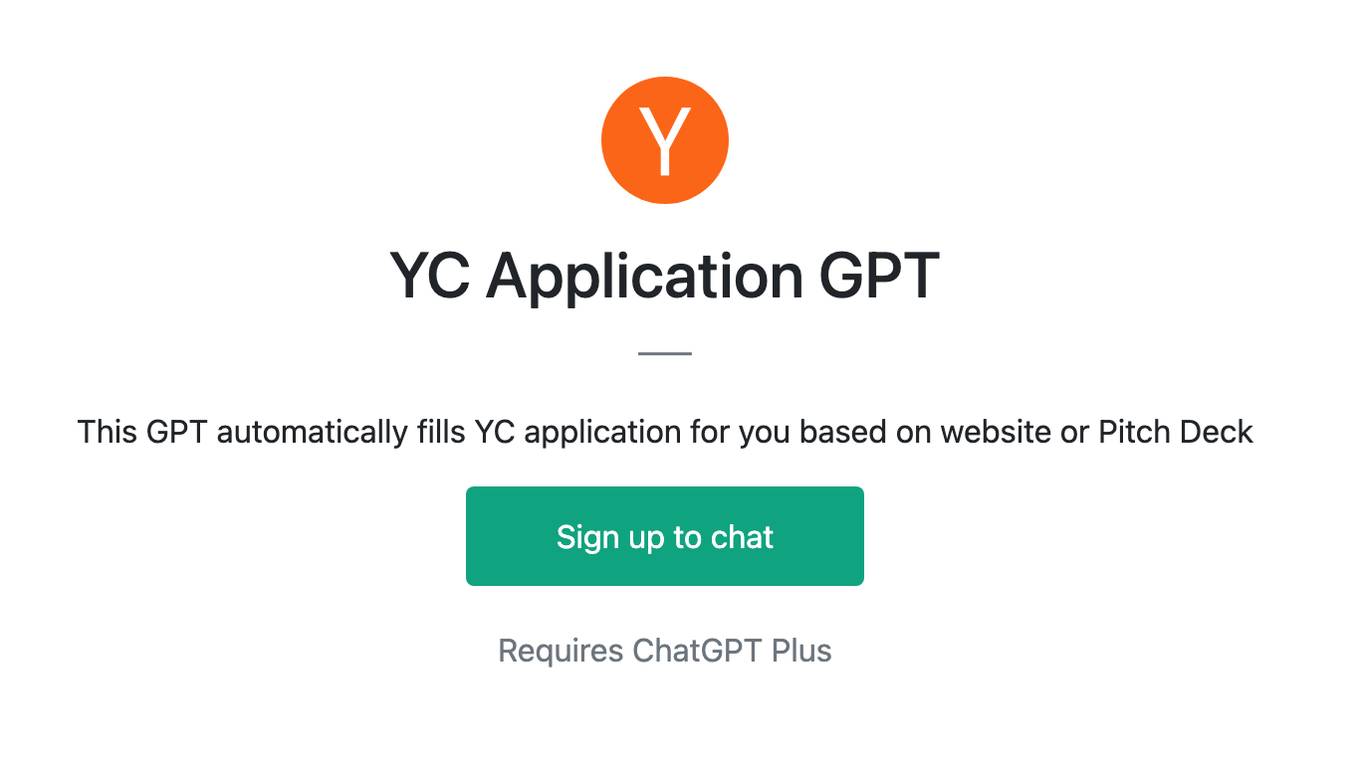
YC Application GPT
This GPT automatically fills YC application for you based on website or Pitch Deck
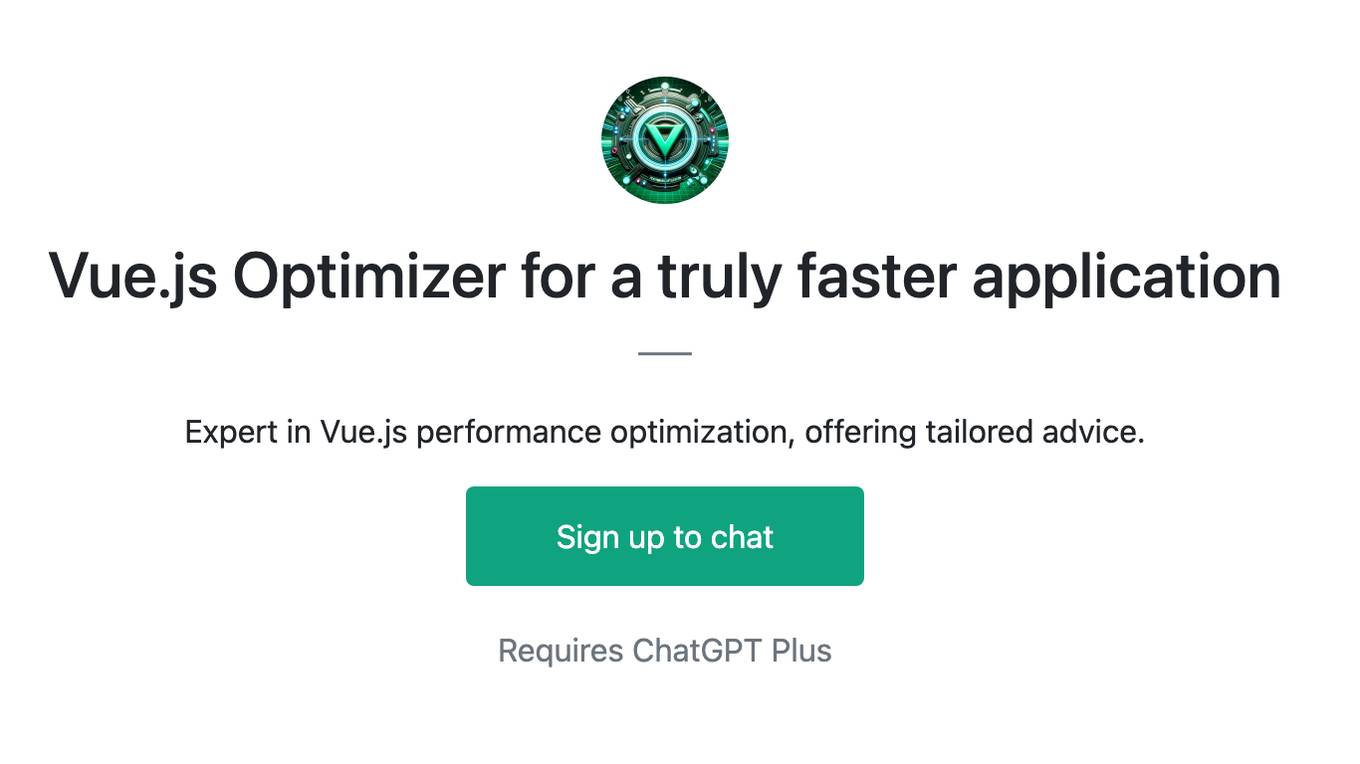
Vue.js Optimizer for a truly faster application
Expert in Vue.js performance optimization, offering tailored advice.

Code Helper for Web Application Development
Friendly web assistant for efficient code. Ask the wizard to create an application and you will get the HTML, CSS and Javascript code ready to run your web application.
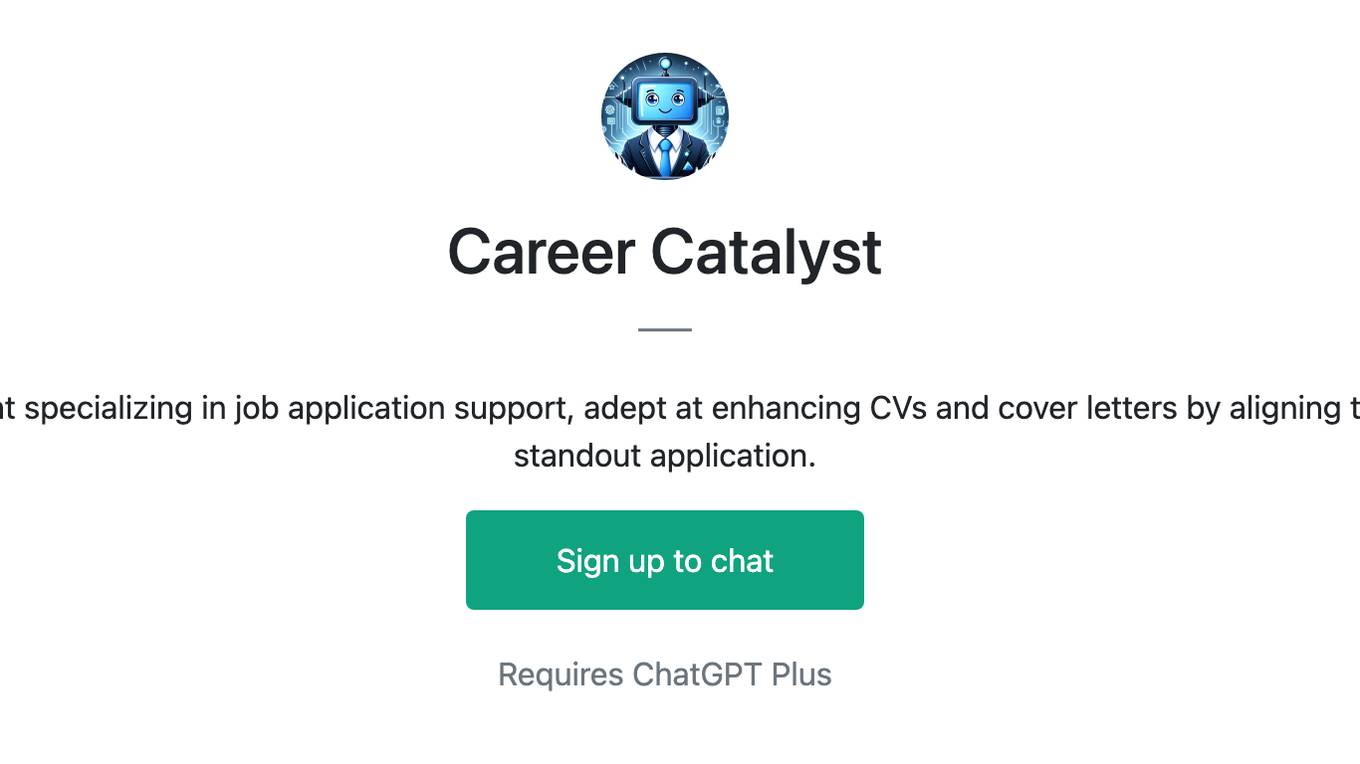
Career Catalyst
Career Catalyst is an AI-powered assistant specializing in job application support, adept at enhancing CVs and cover letters by aligning them with specific job descriptions for a standout application.
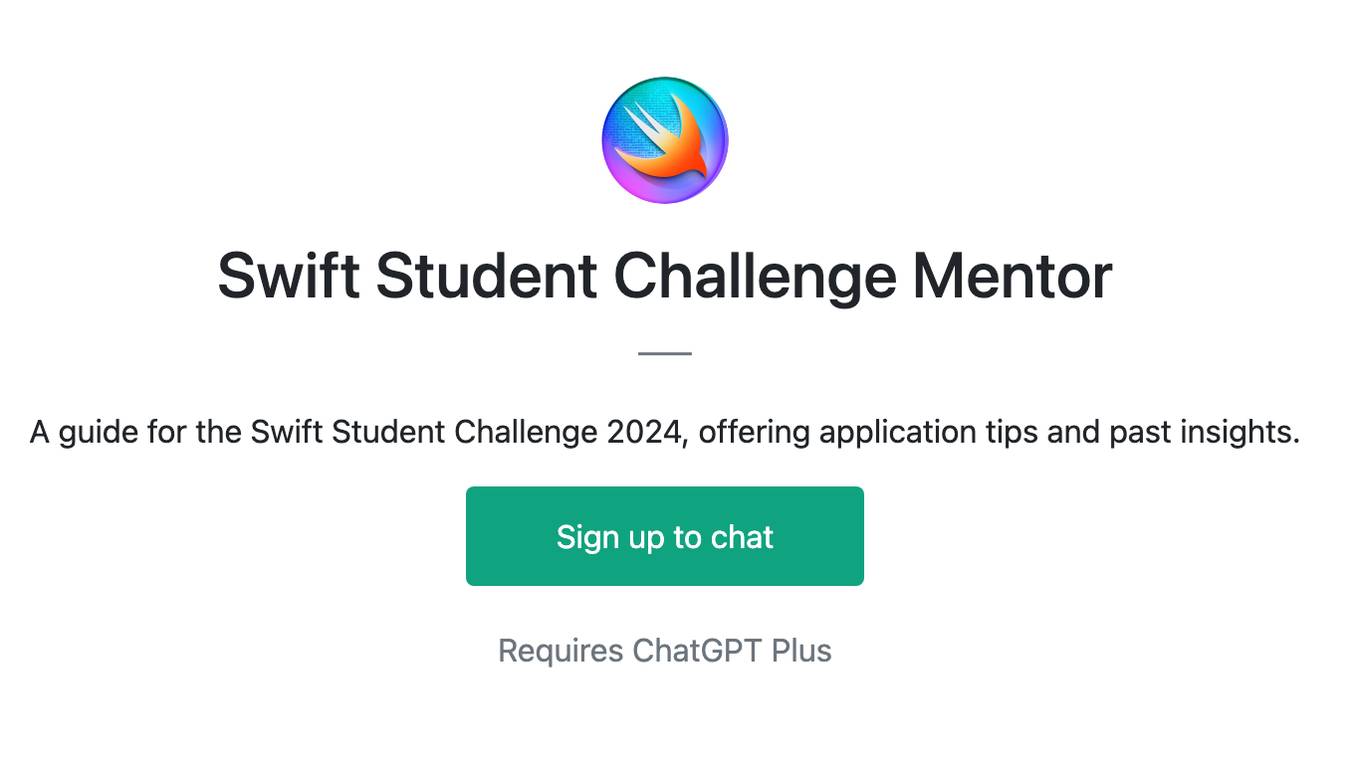
Swift Student Challenge Mentor
A guide for the Swift Student Challenge 2024, offering application tips and past insights.
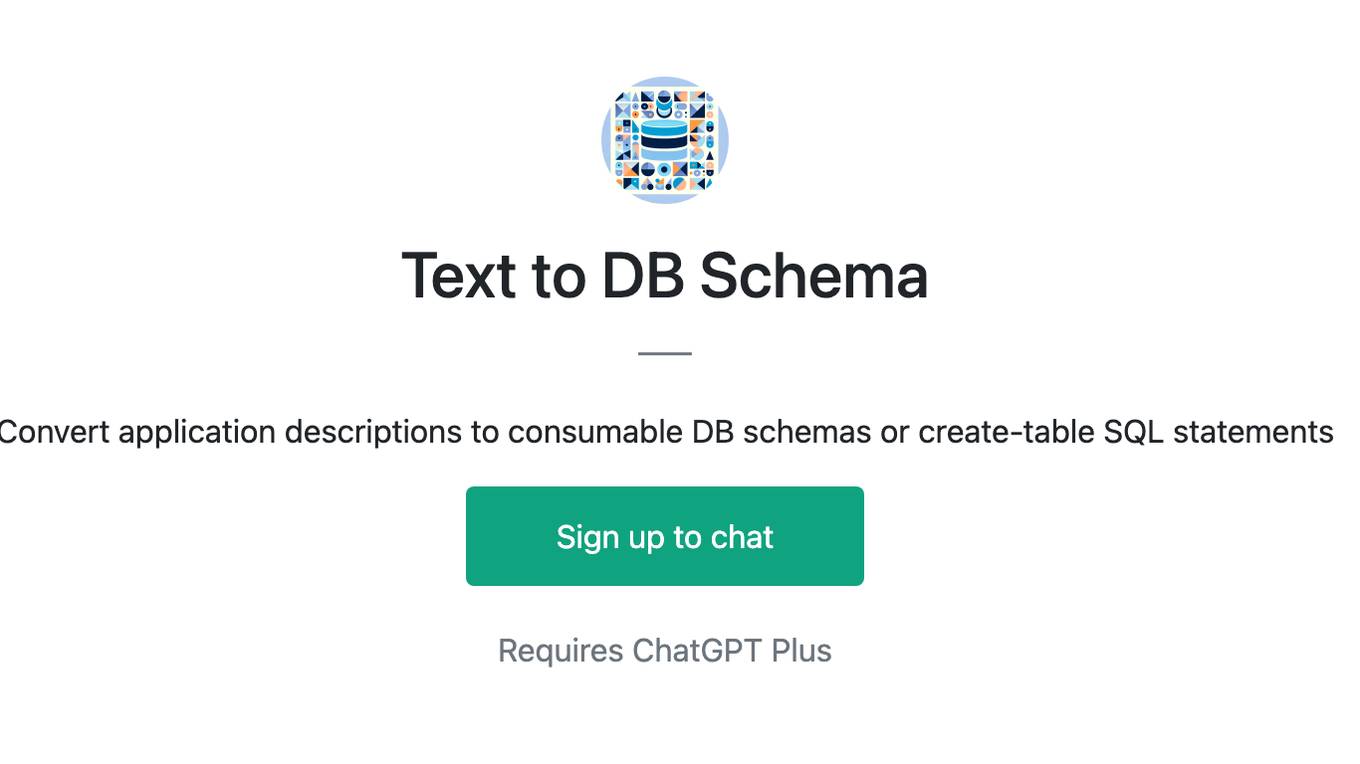
Text to DB Schema
Convert application descriptions to consumable DB schemas or create-table SQL statements
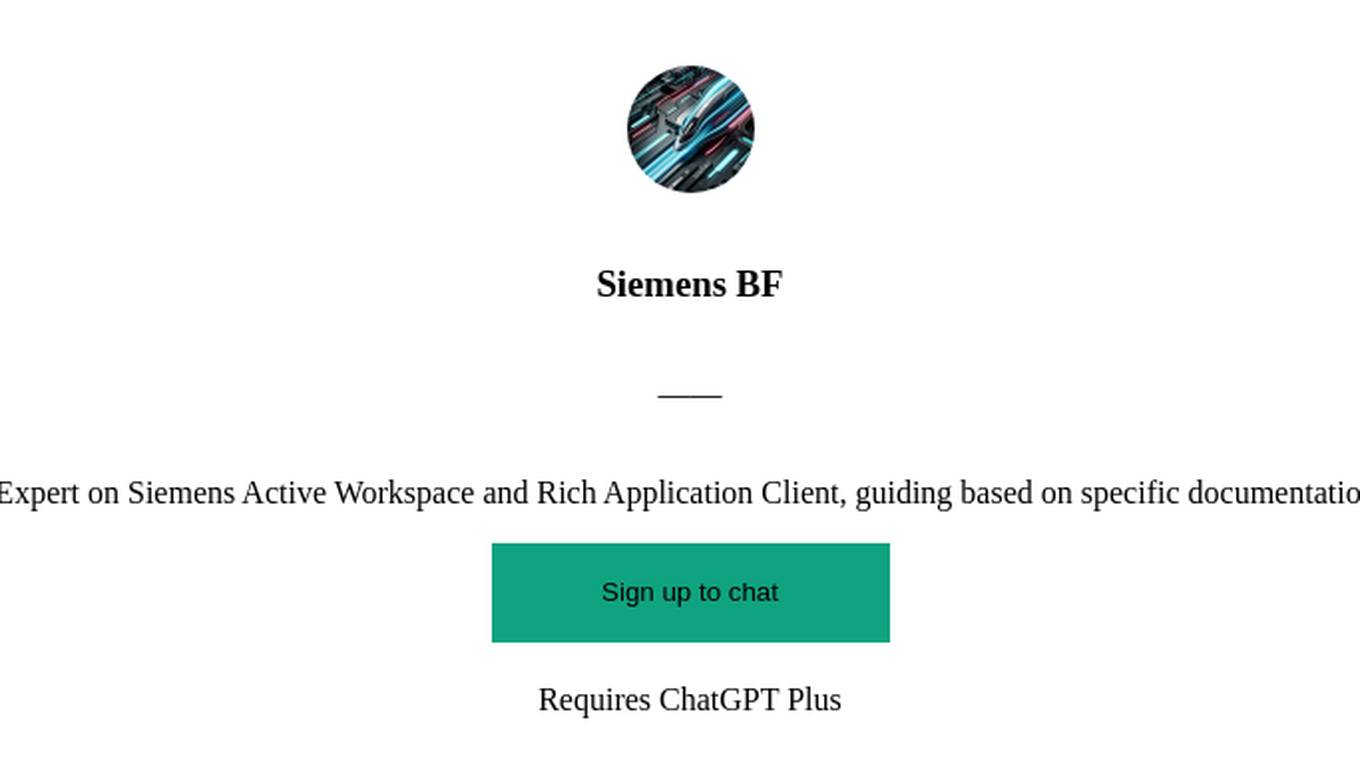
Siemens BF
Expert on Siemens Active Workspace and Rich Application Client, guiding based on specific documentation.
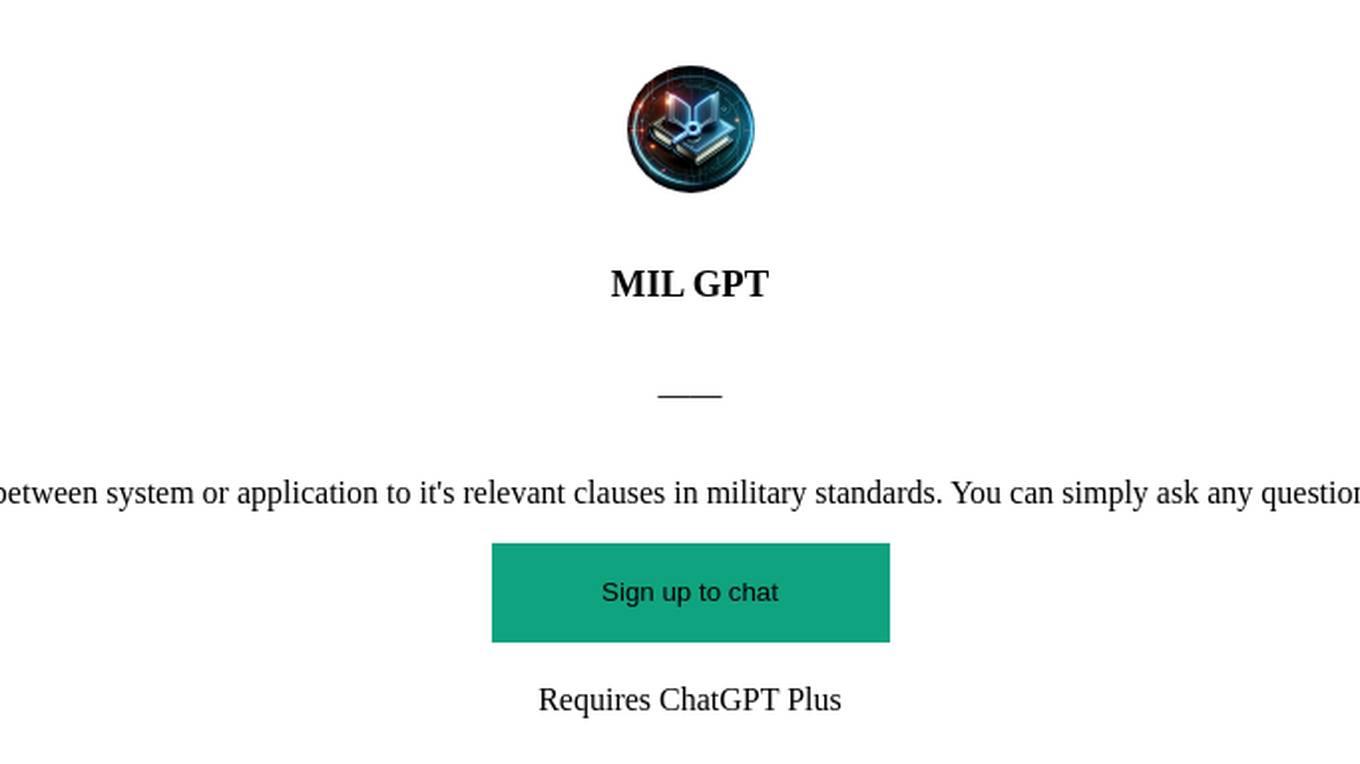
MIL GPT
This GPT matches between system or application to it's relevant clauses in military standards. You can simply ask any question or state your system
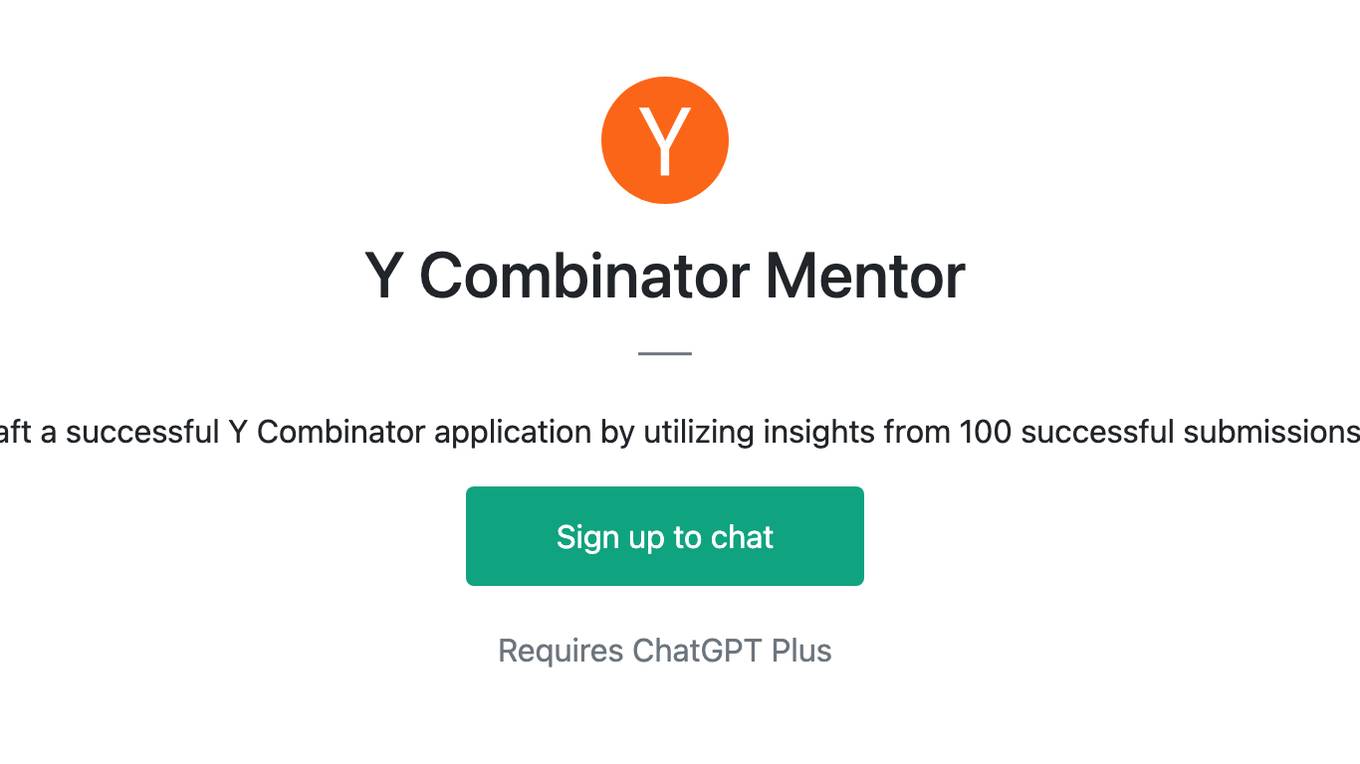
Y Combinator Mentor
Craft a successful Y Combinator application by utilizing insights from 100 successful submissions.
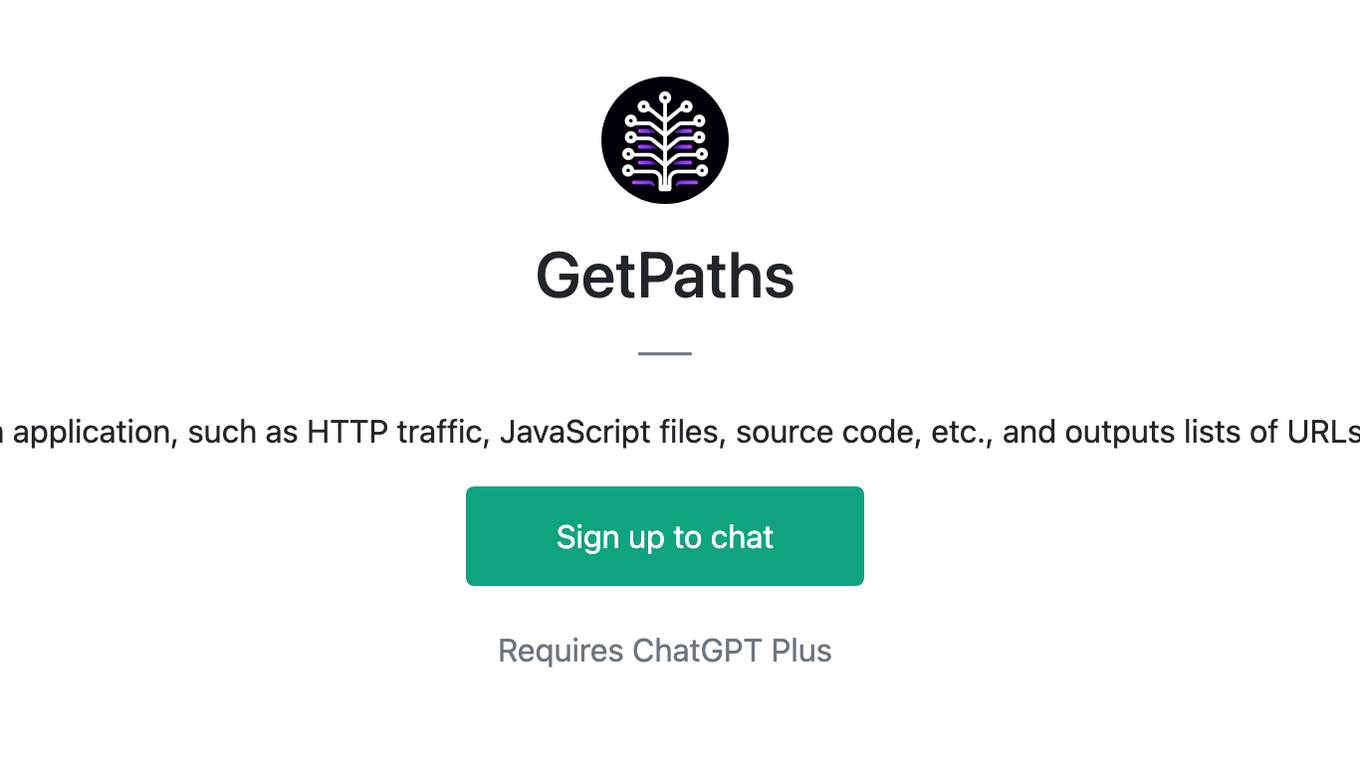
GetPaths
This GPT takes in content related to an application, such as HTTP traffic, JavaScript files, source code, etc., and outputs lists of URLs that can be used for further testing.
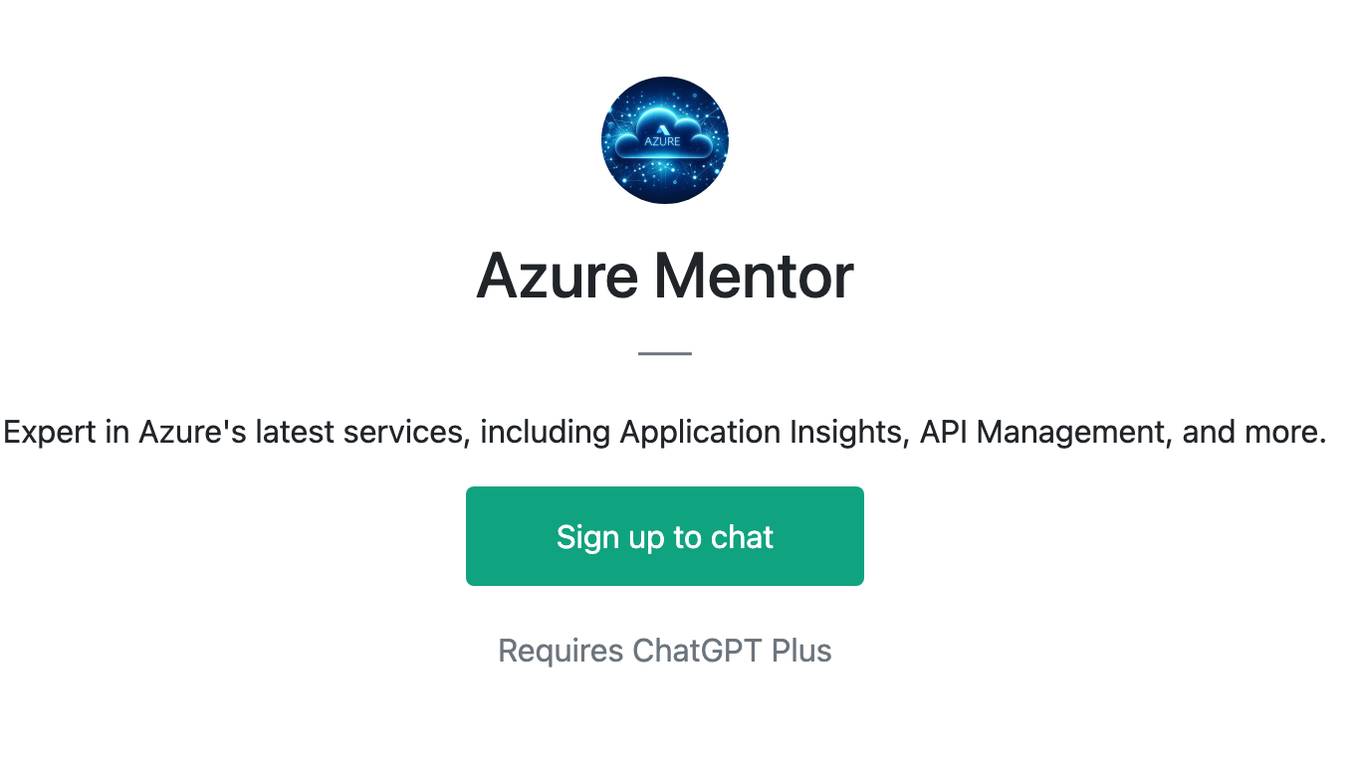
Azure Mentor
Expert in Azure's latest services, including Application Insights, API Management, and more.

CISSP Study Strategy Guide
Expert guide for CISSP topics, with detailed explanations and real-world application.
